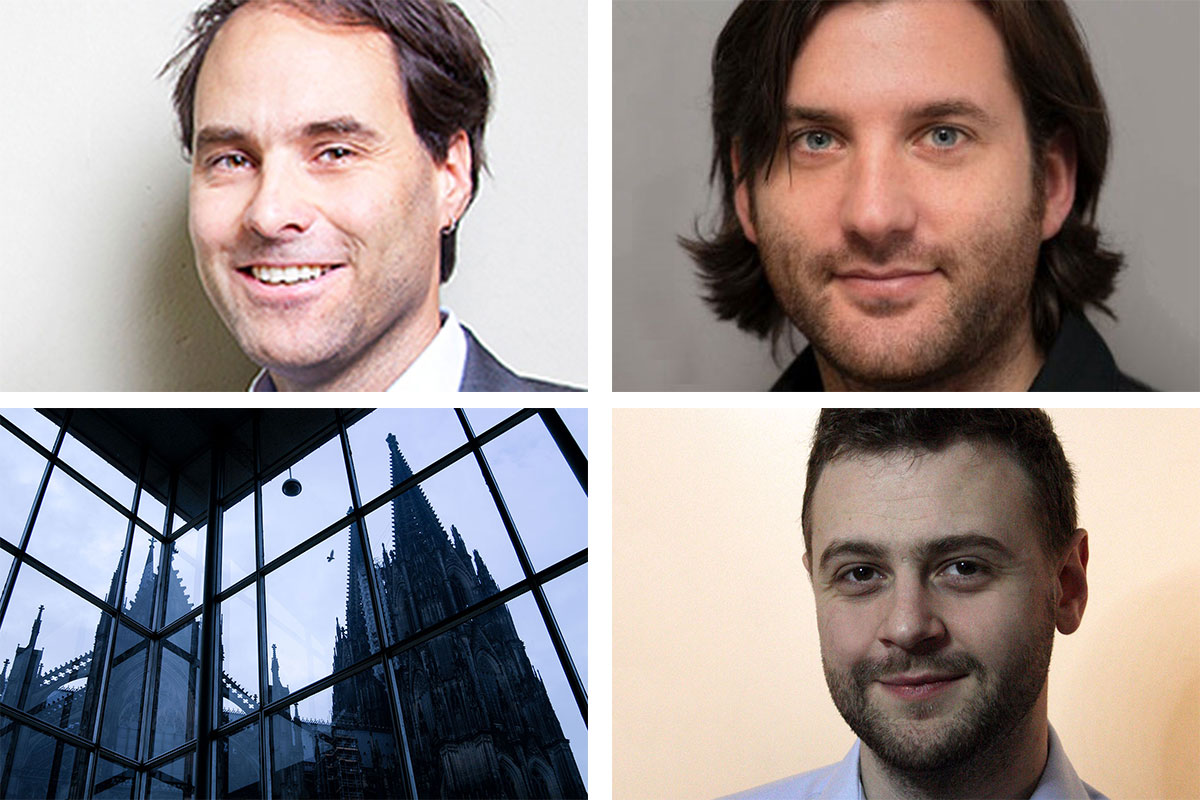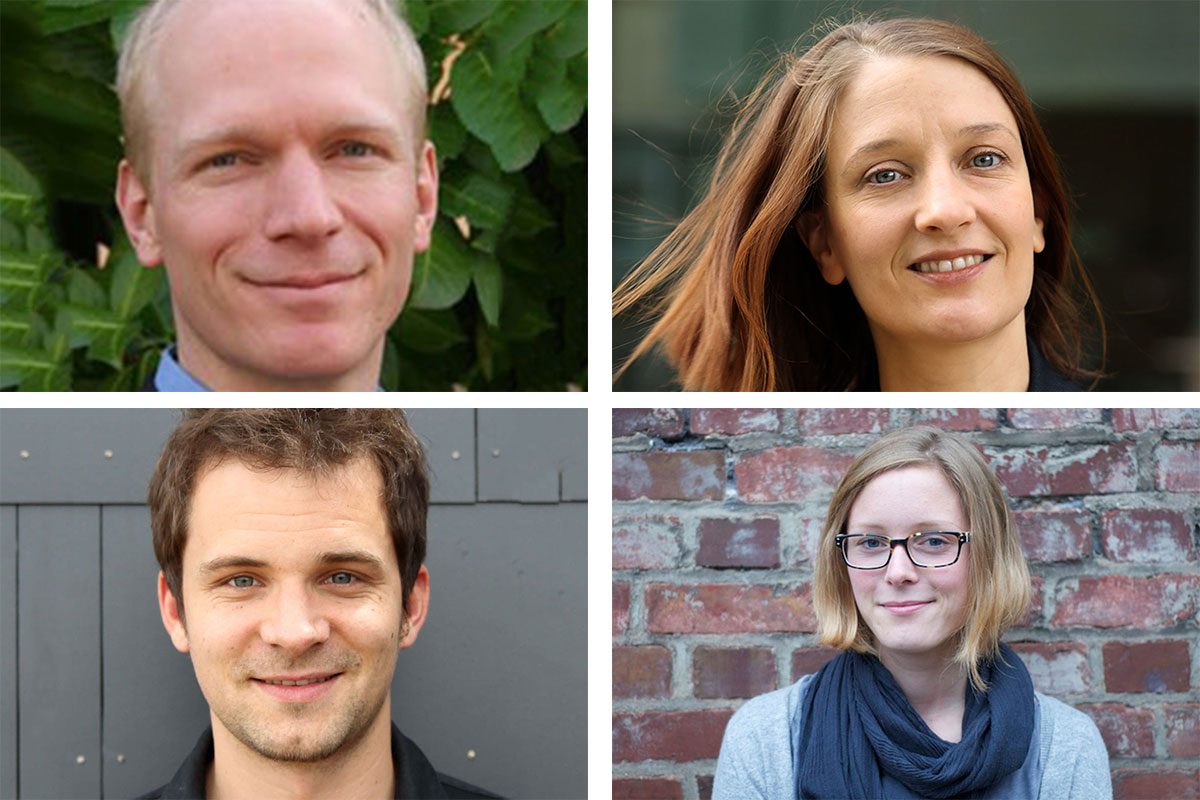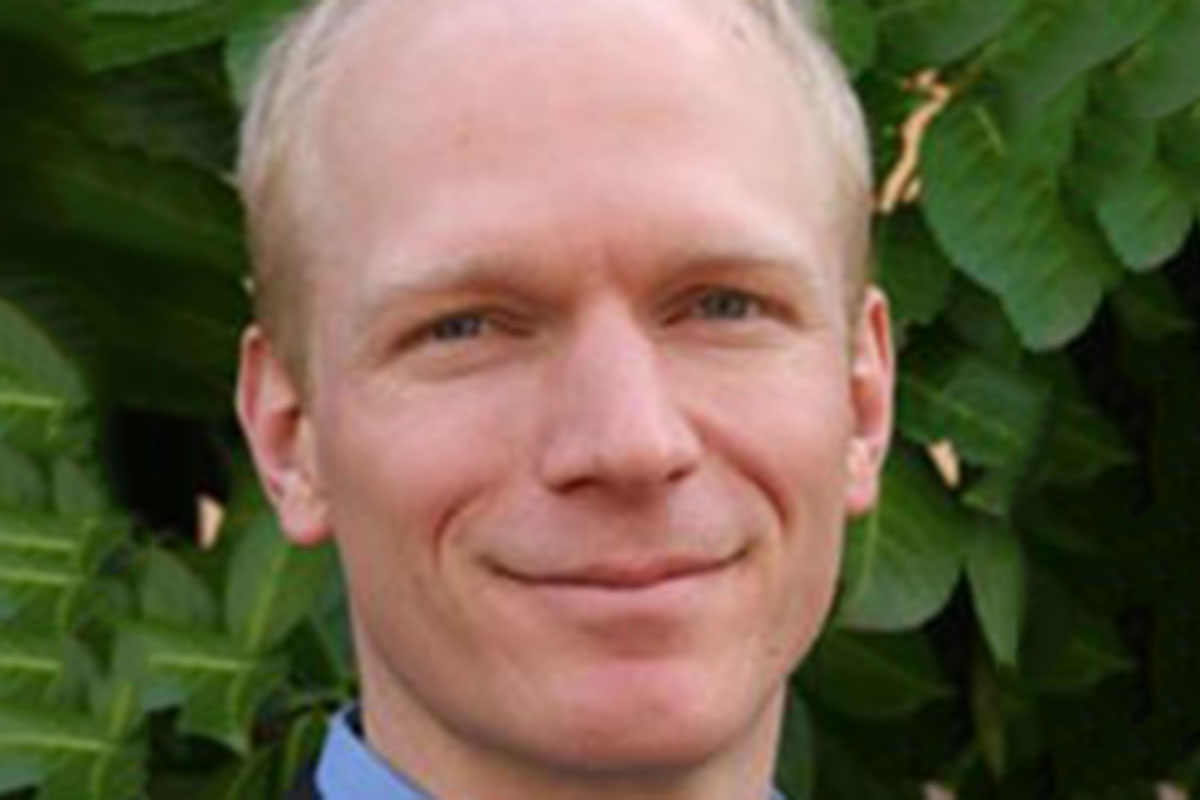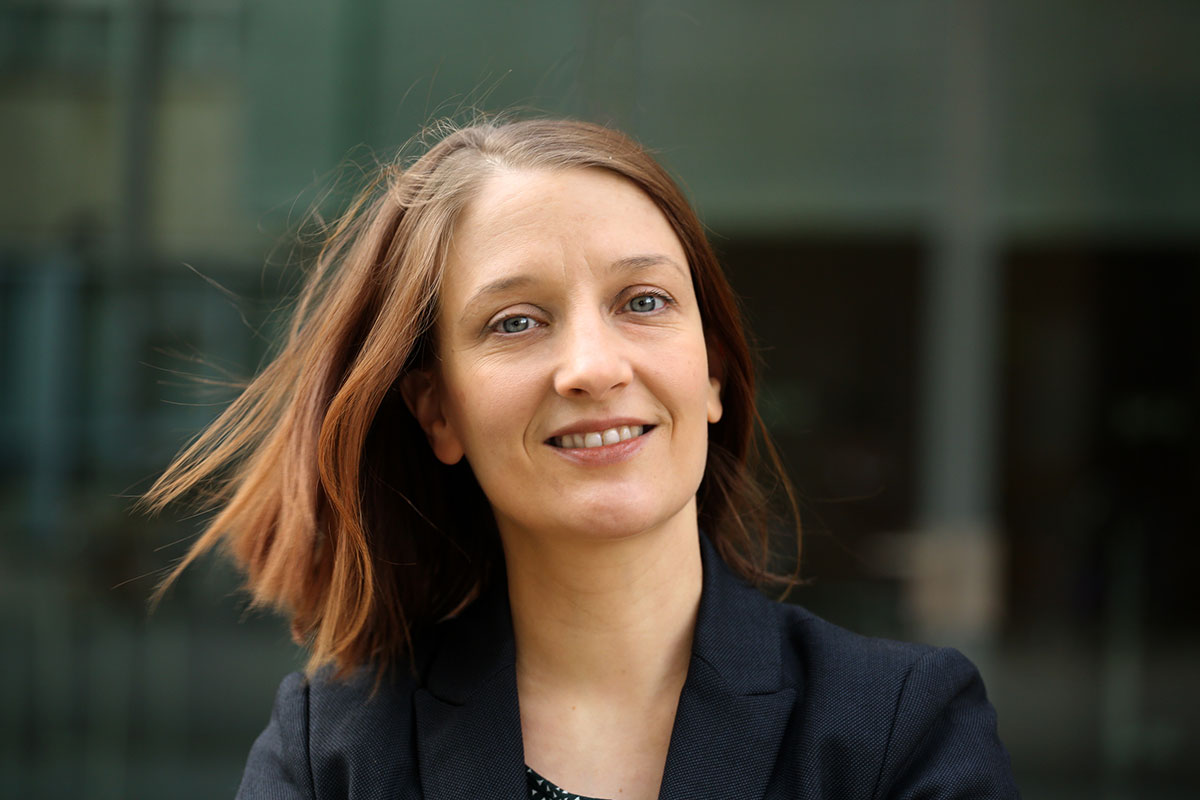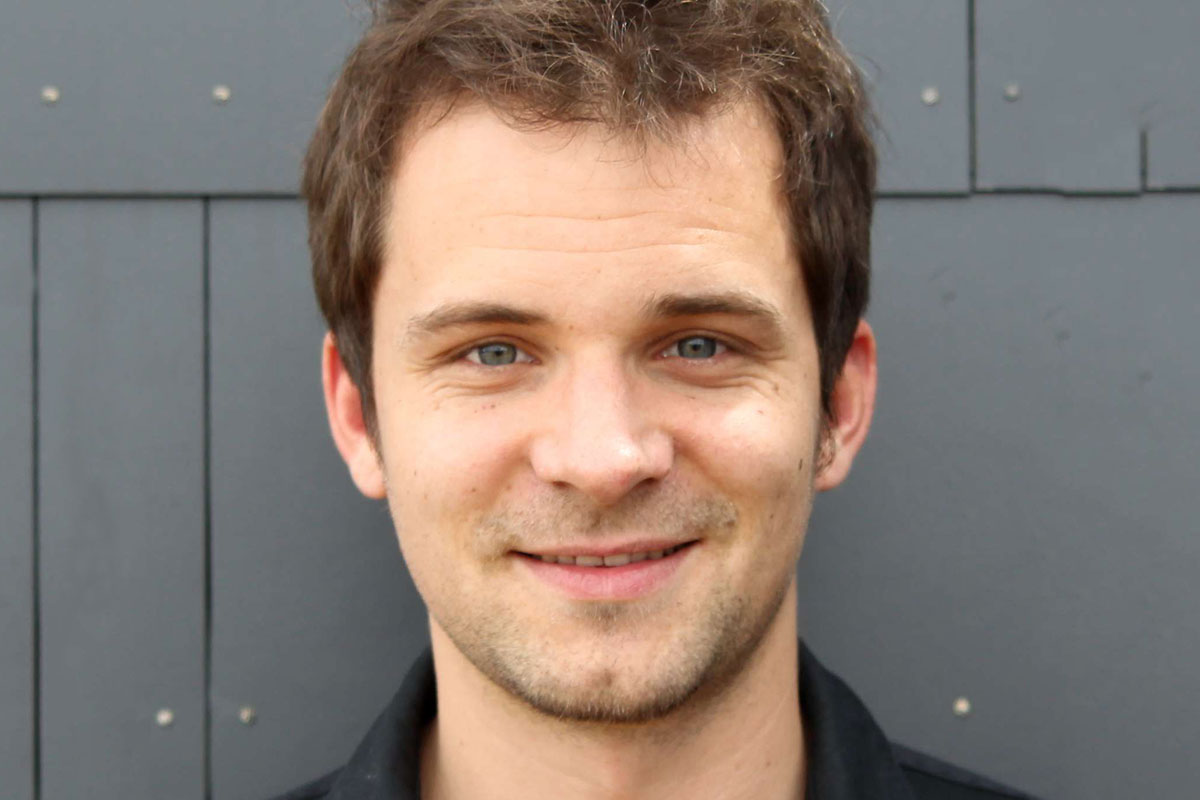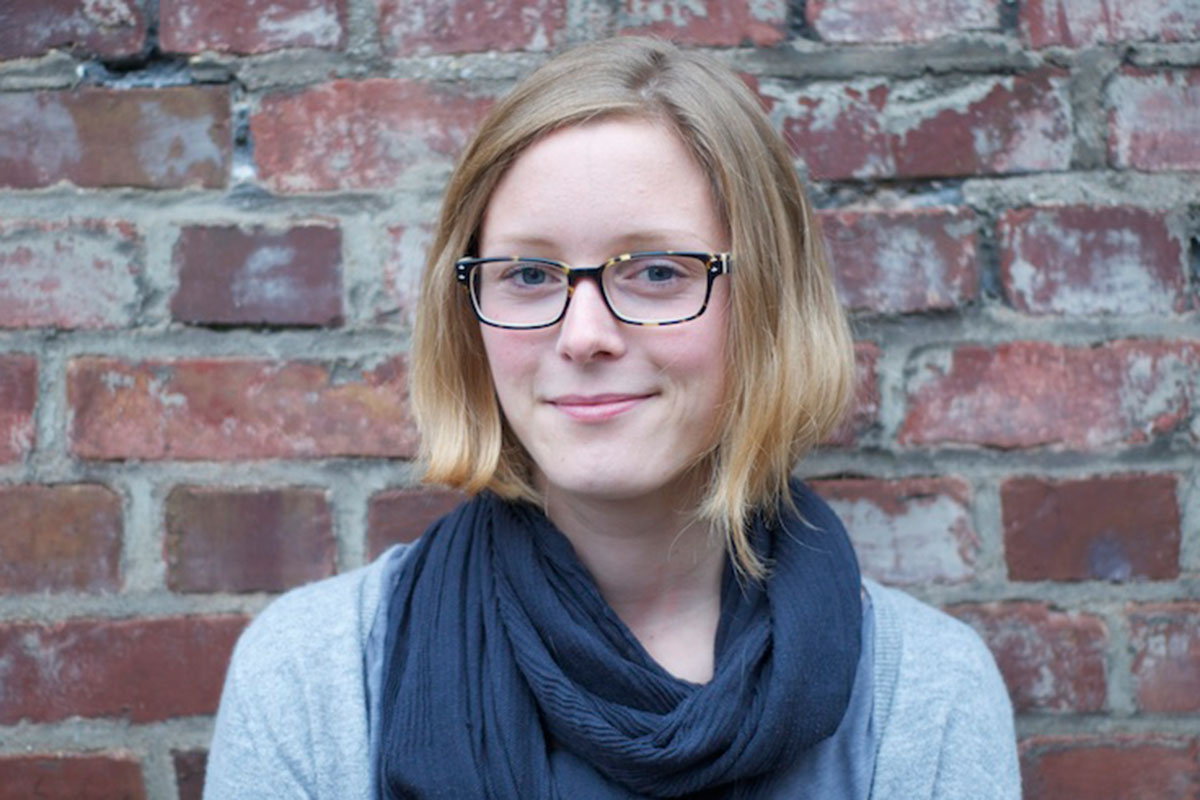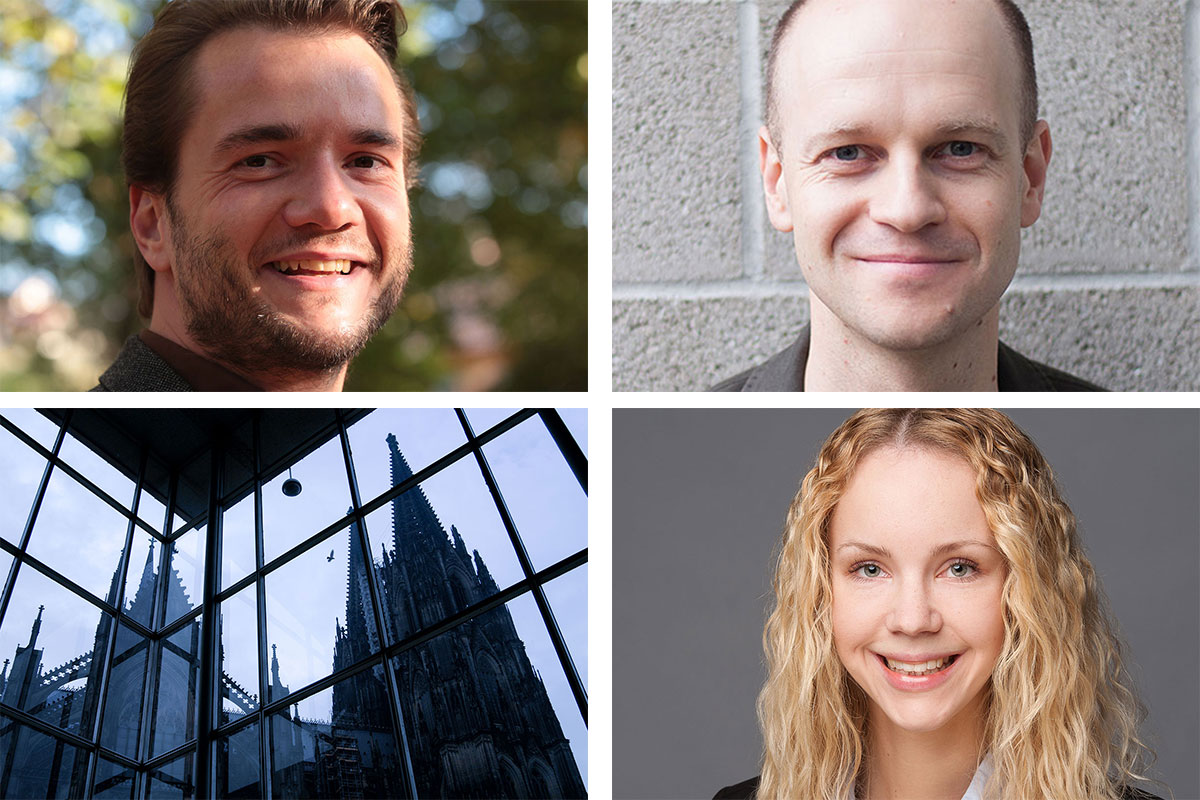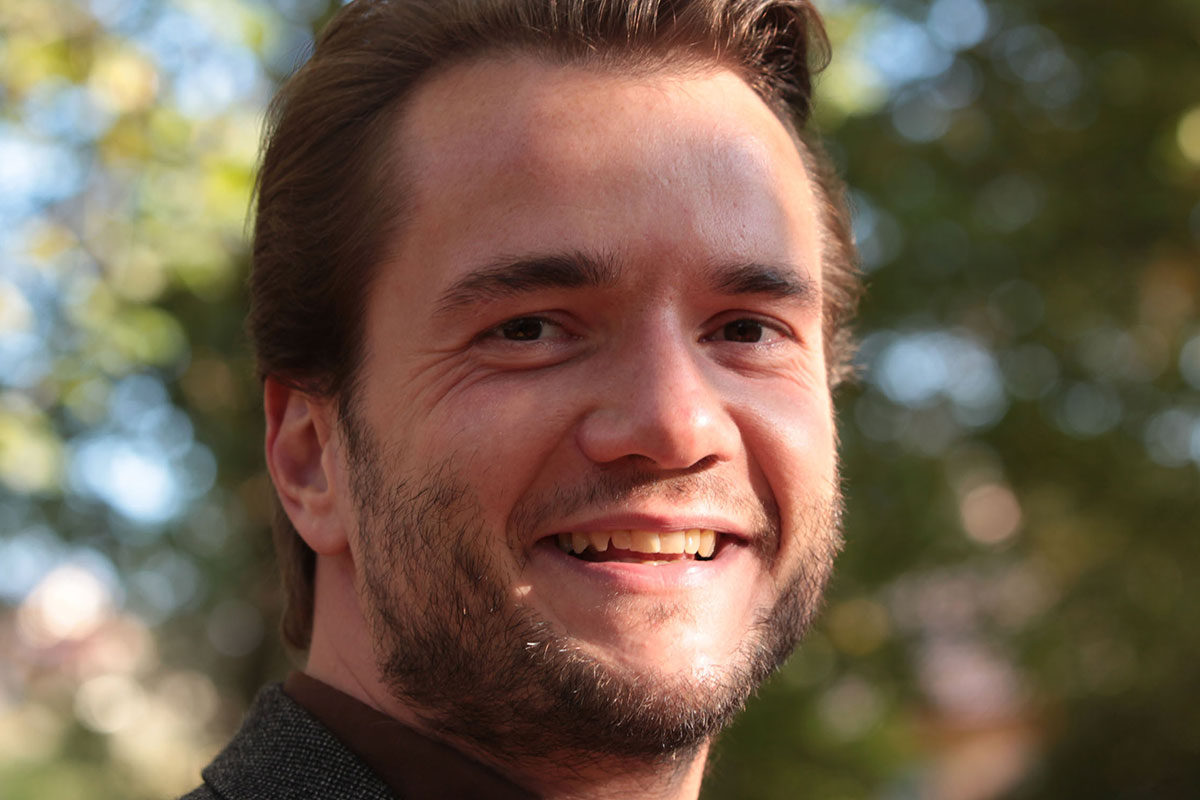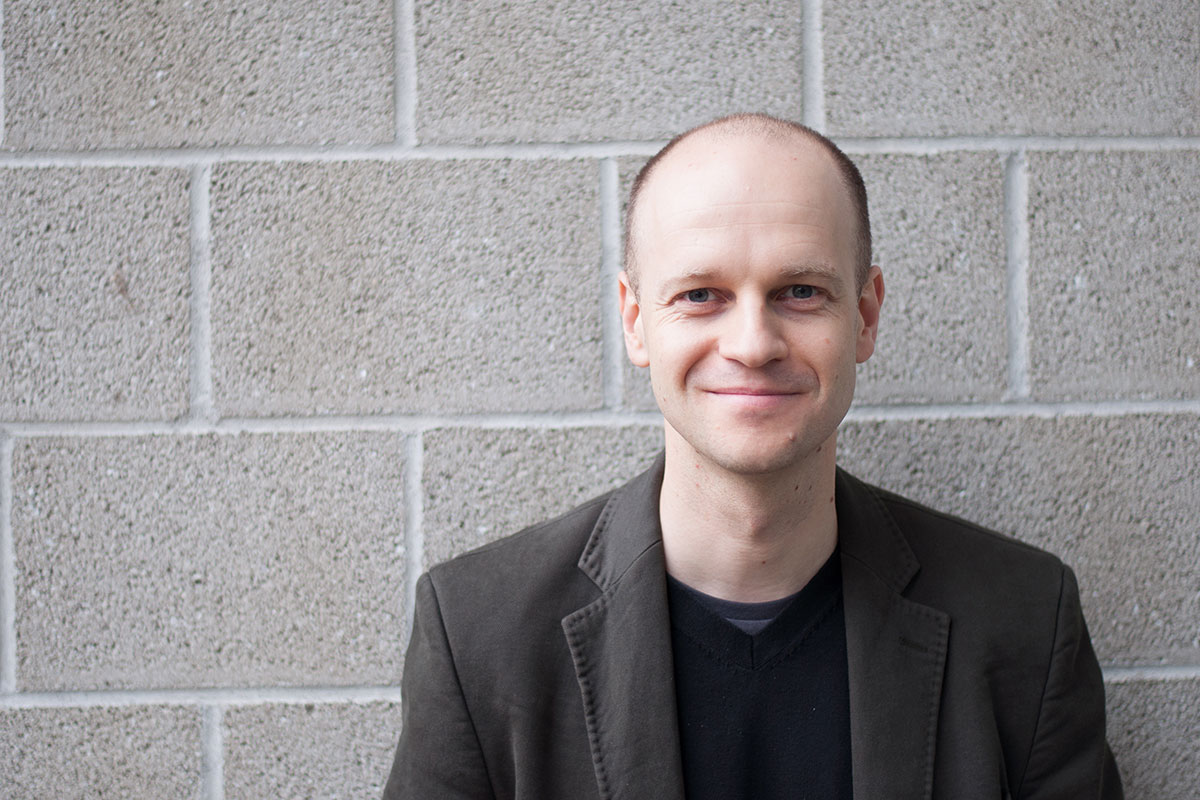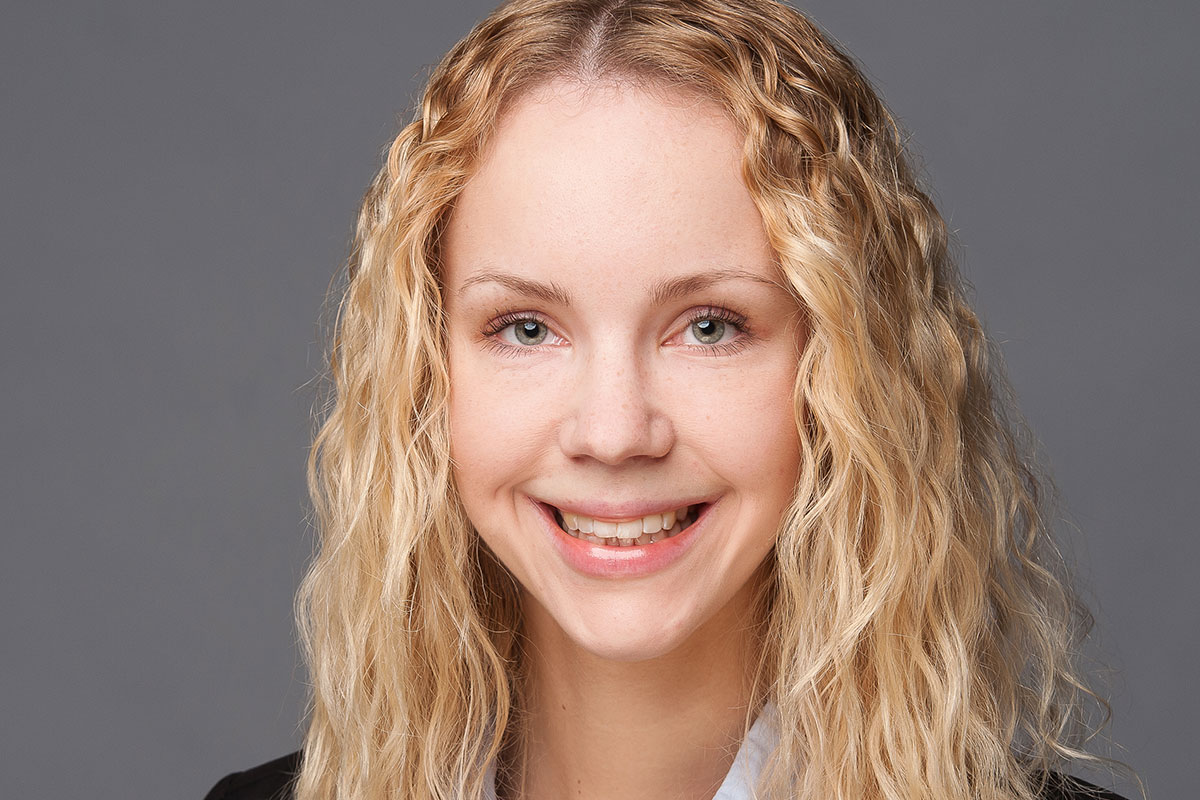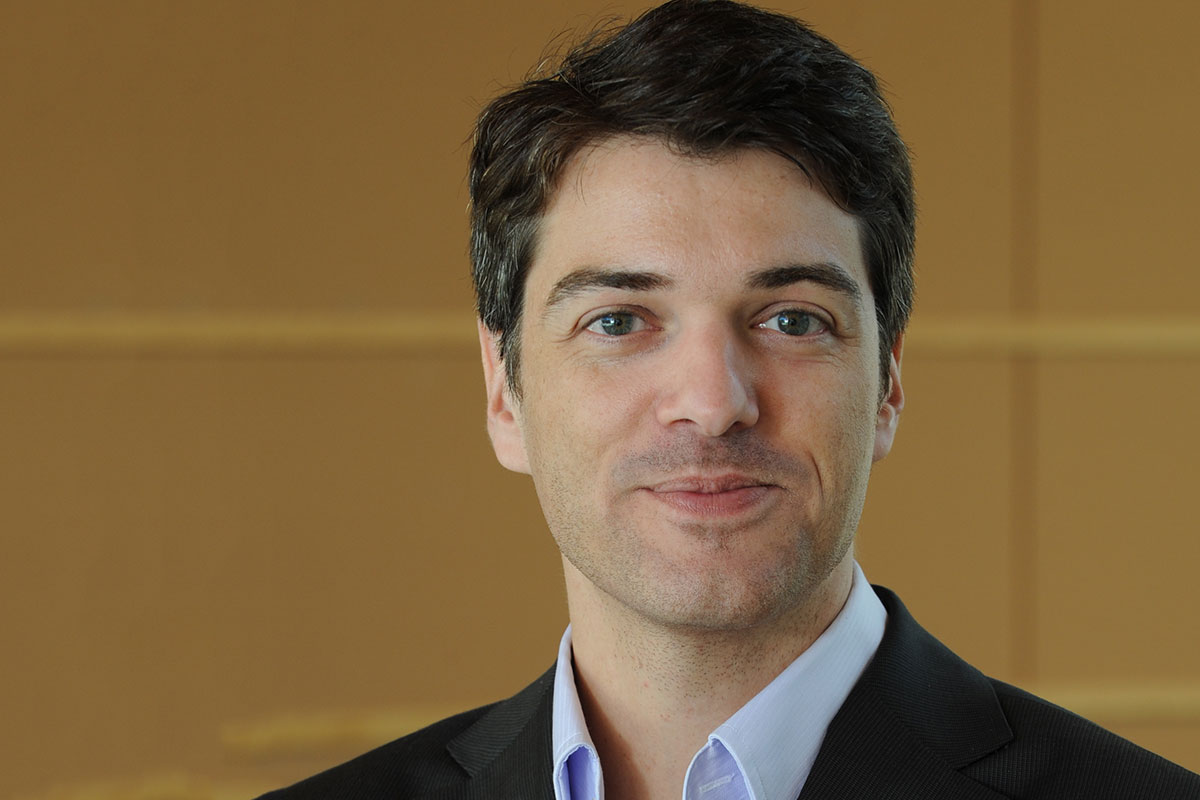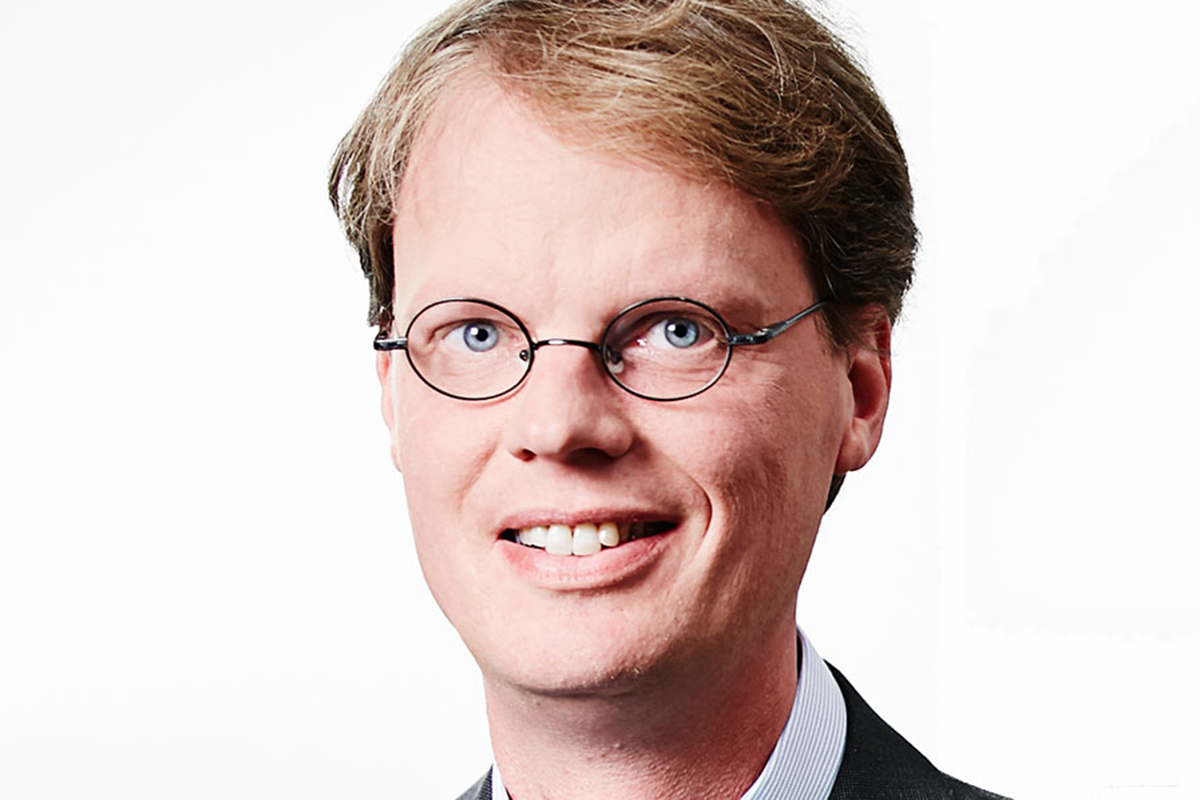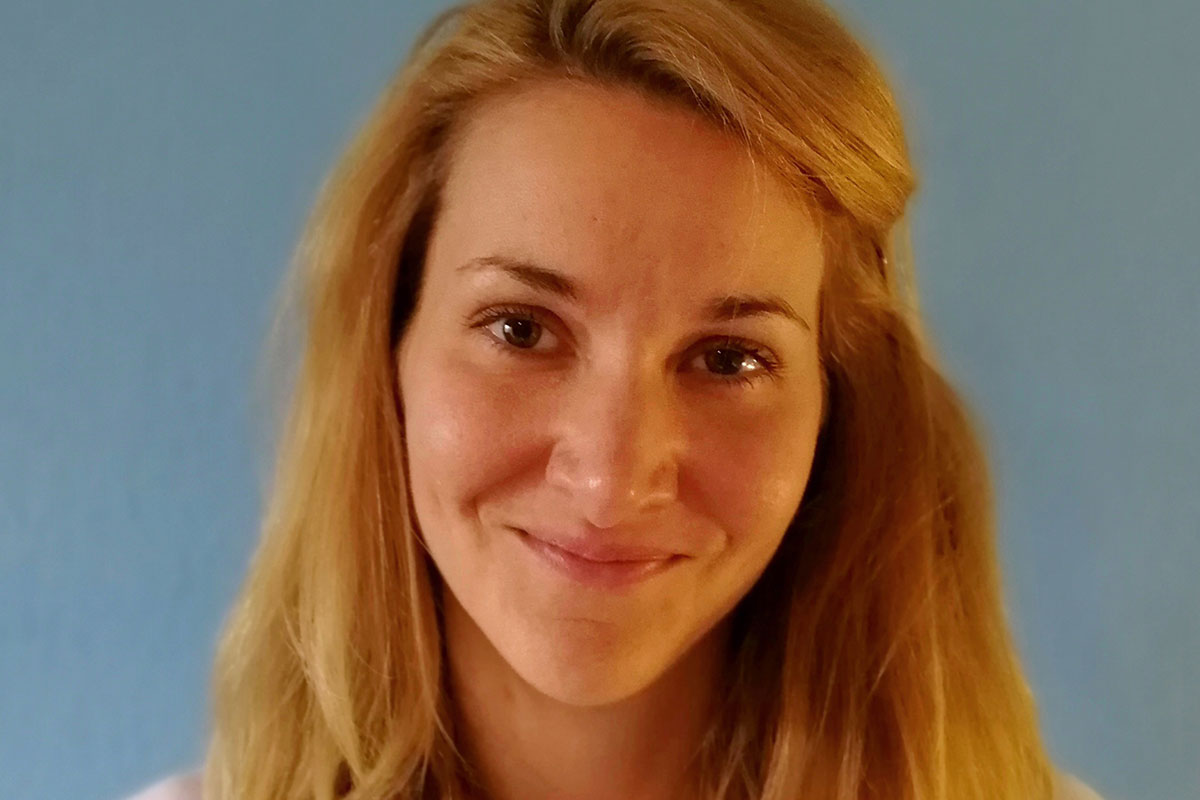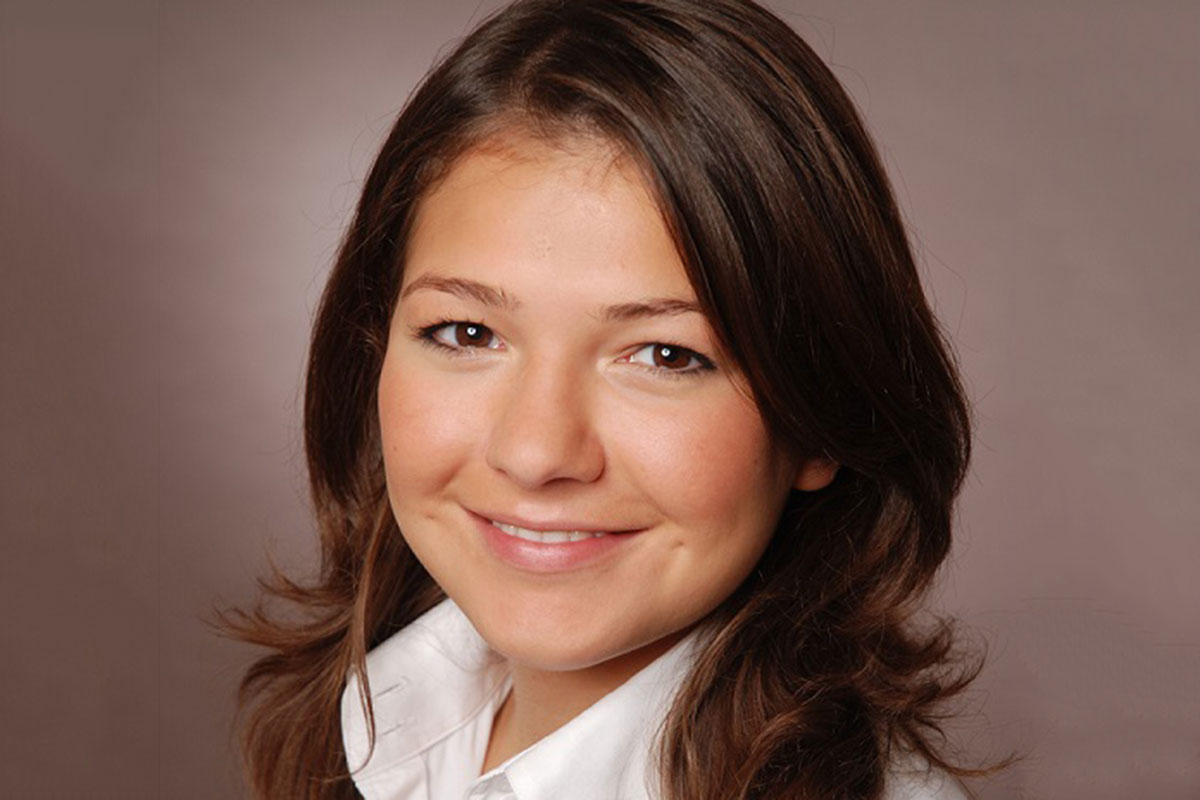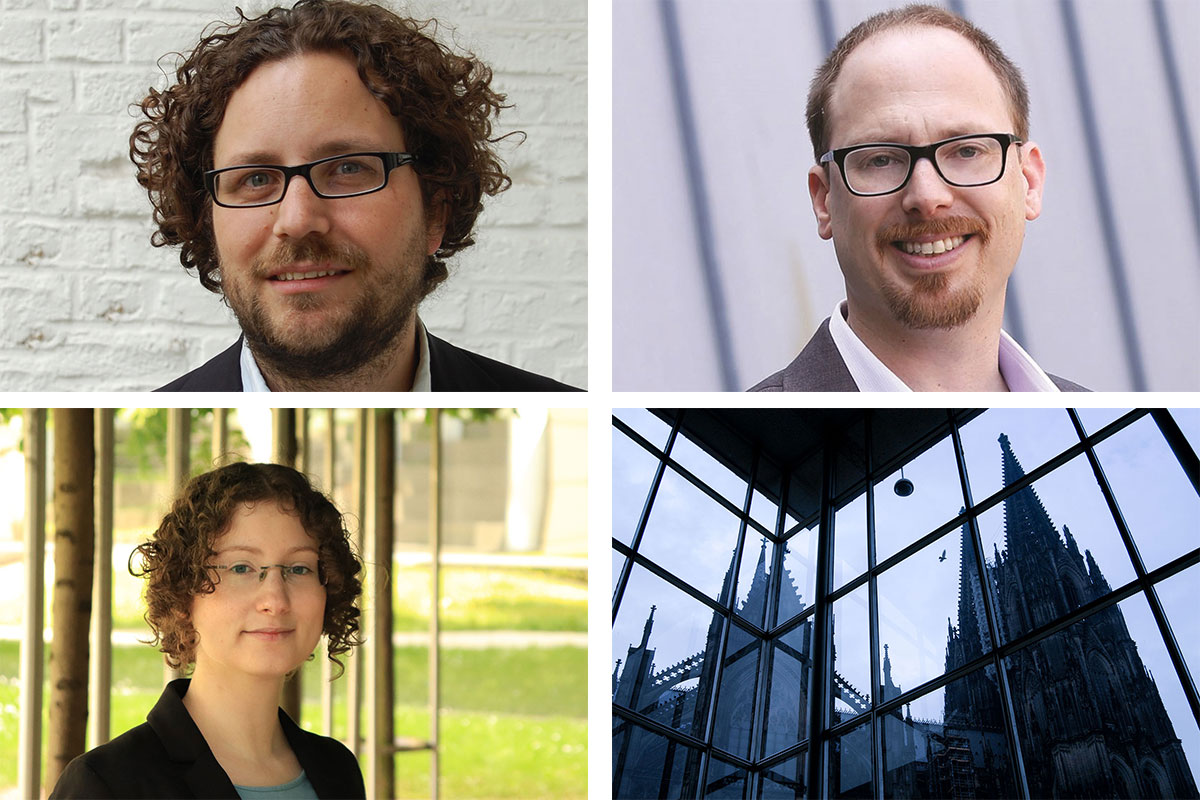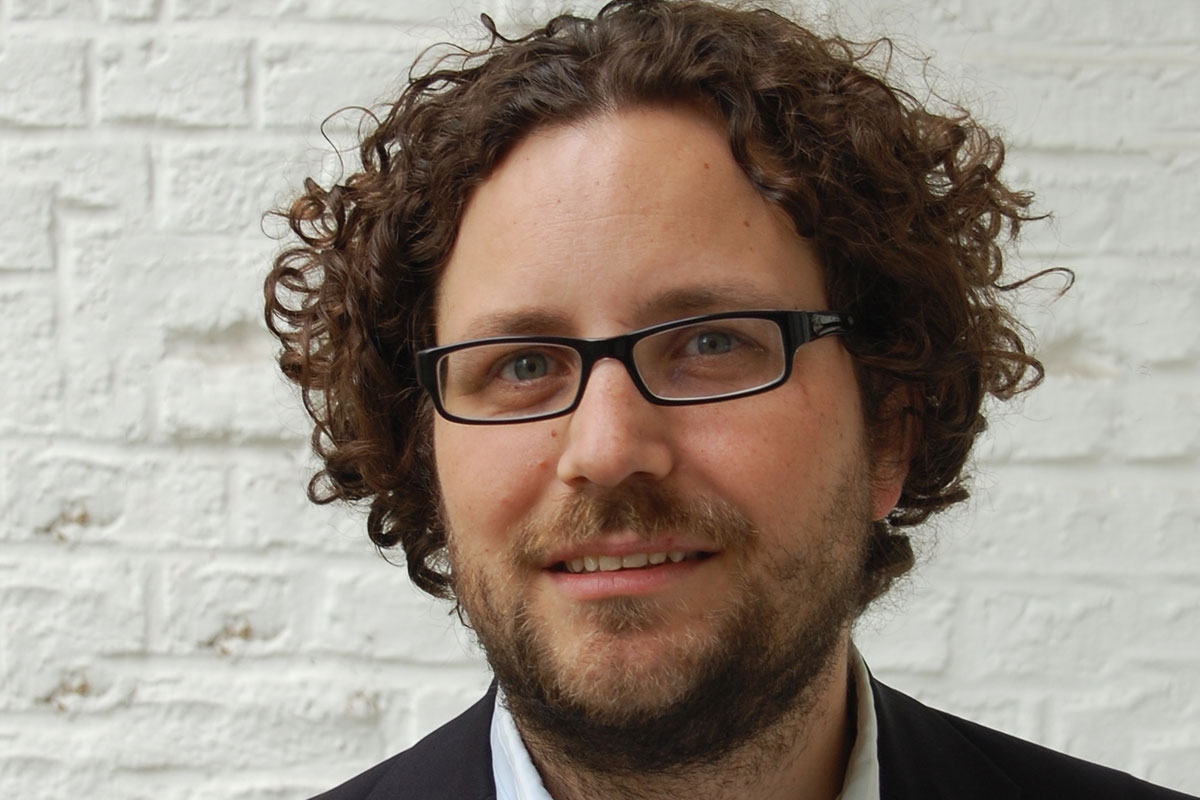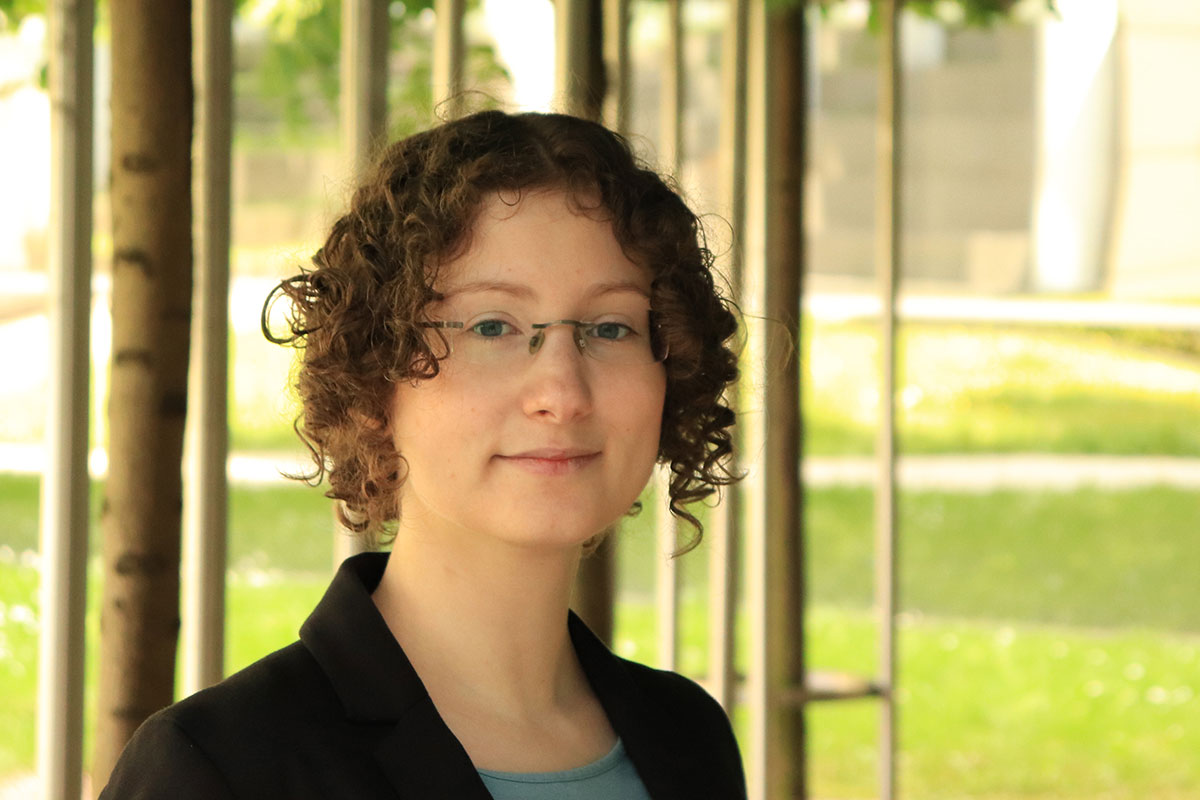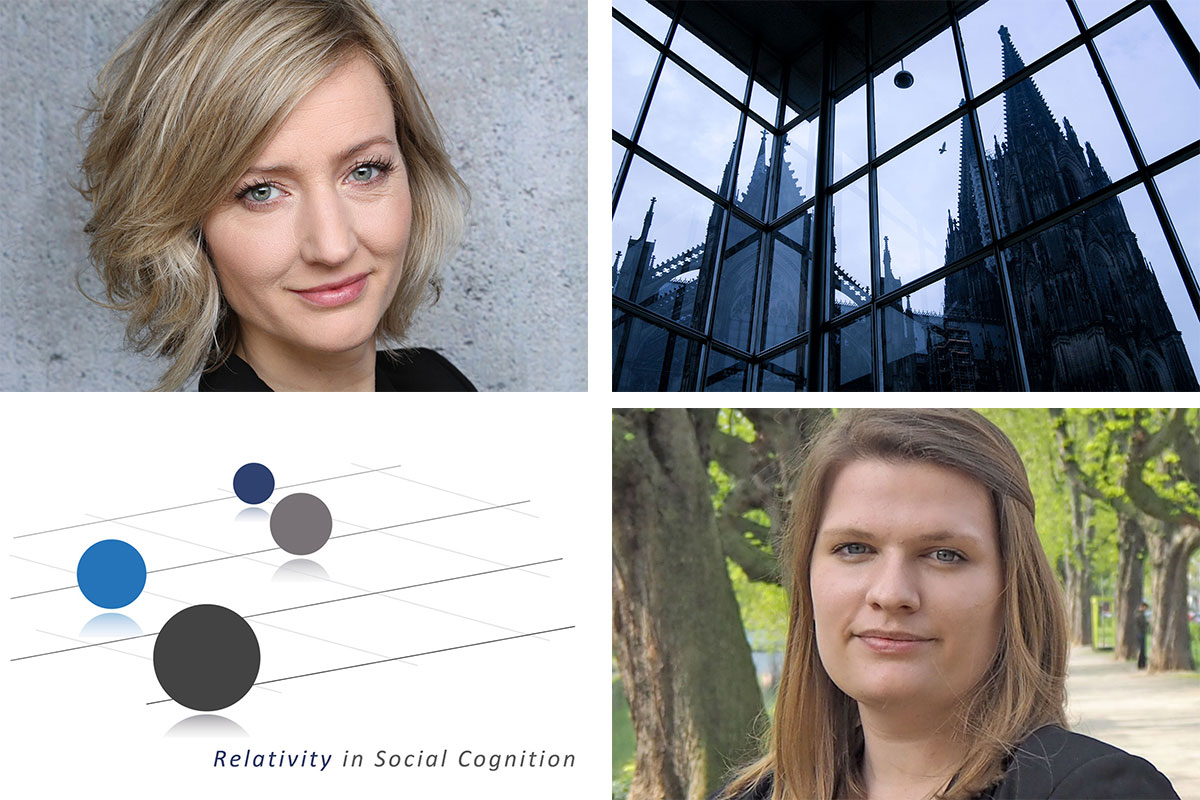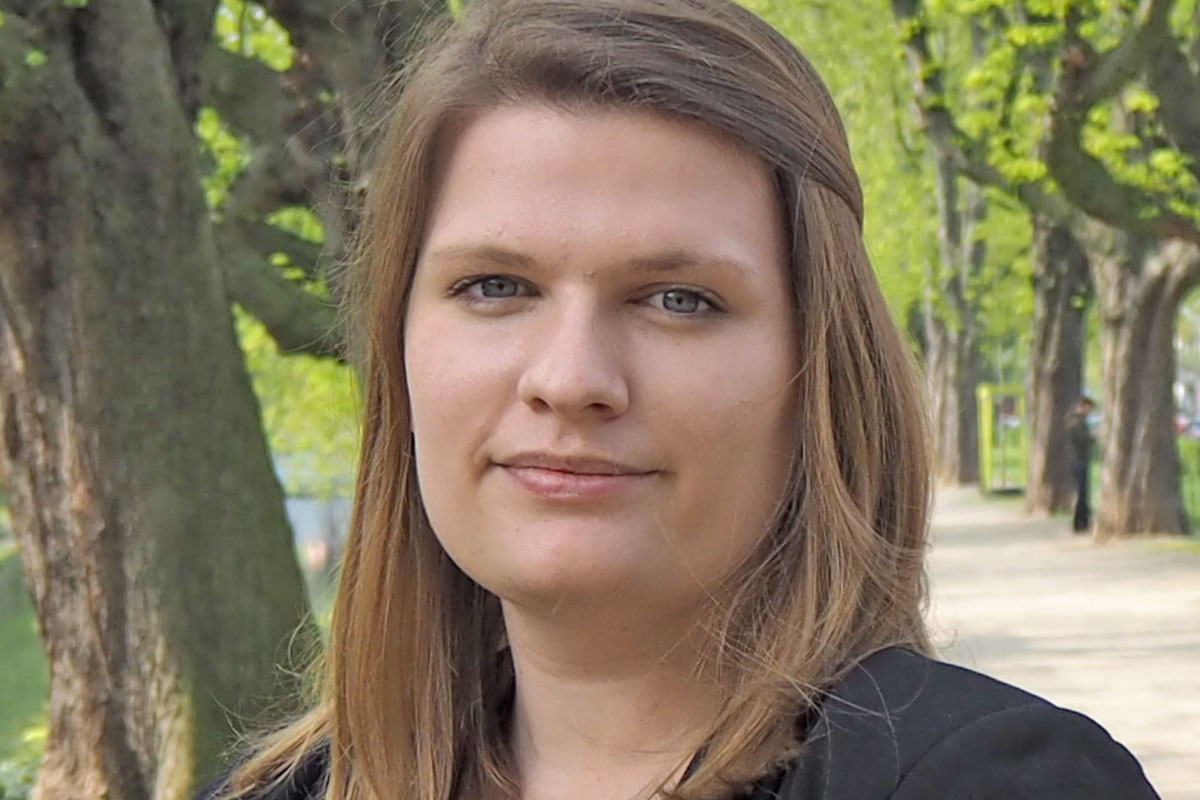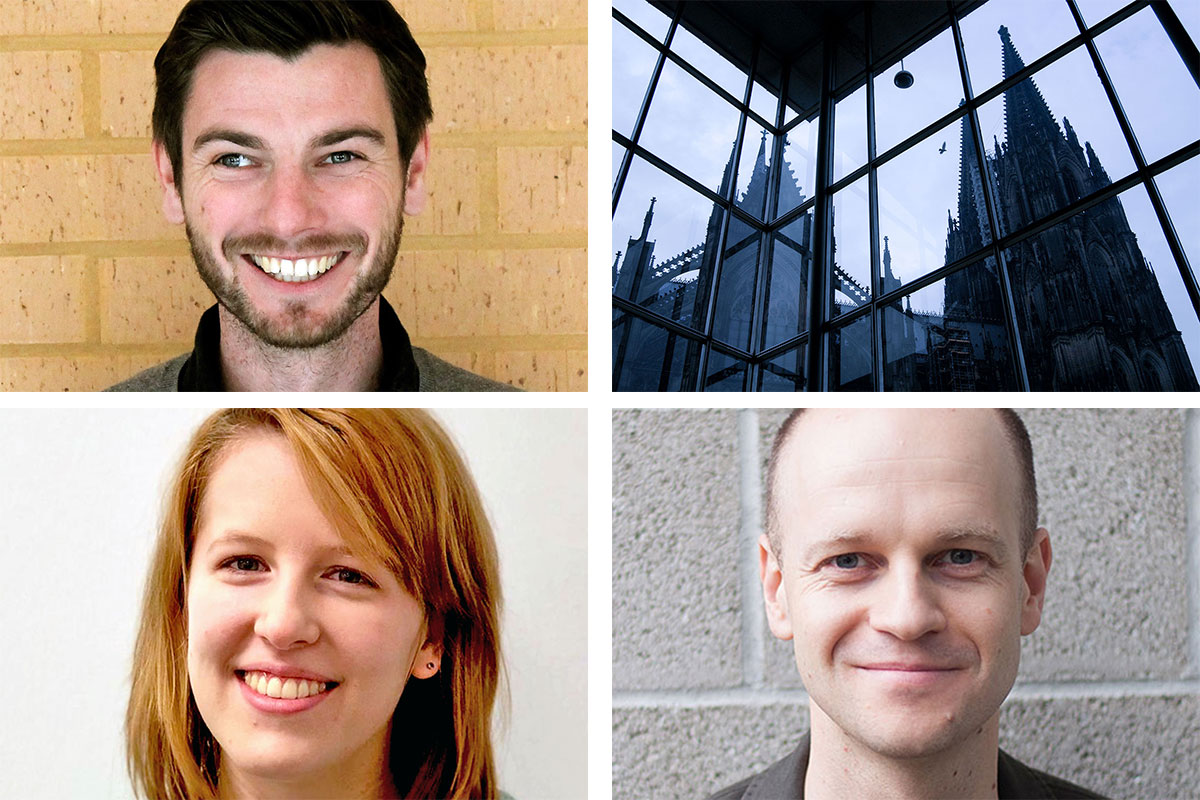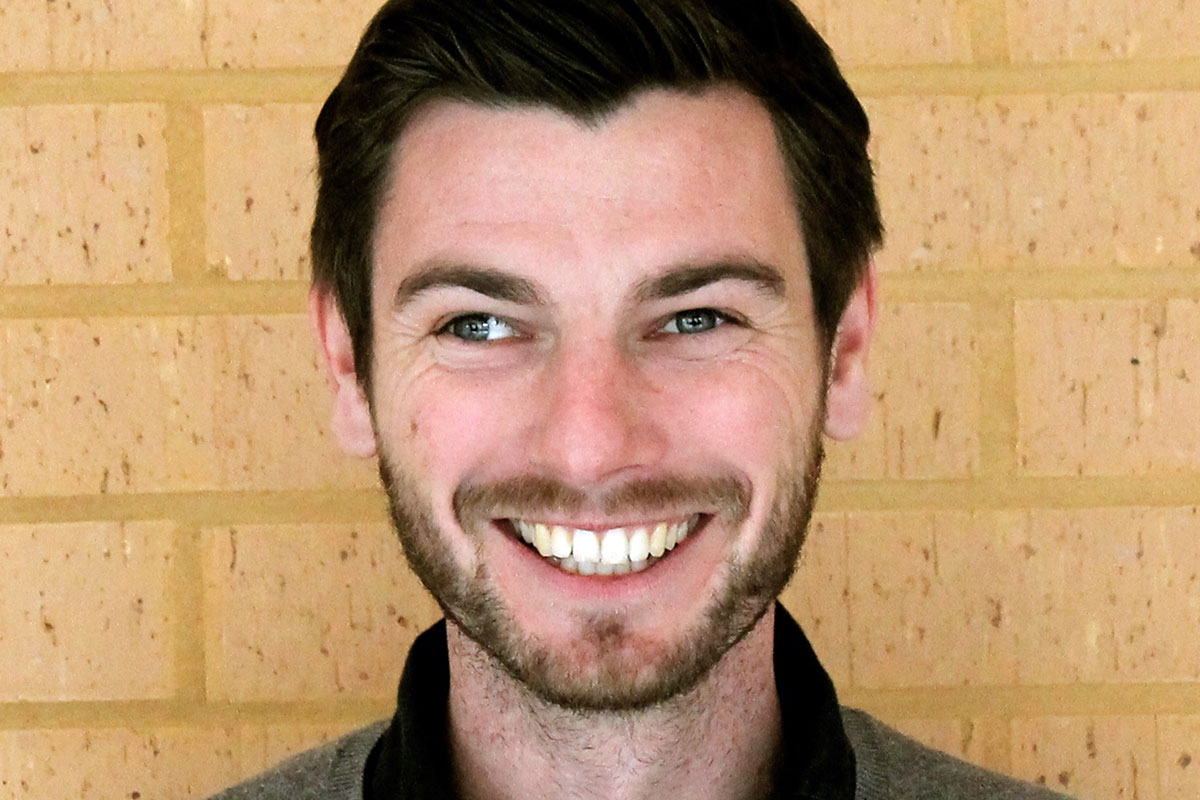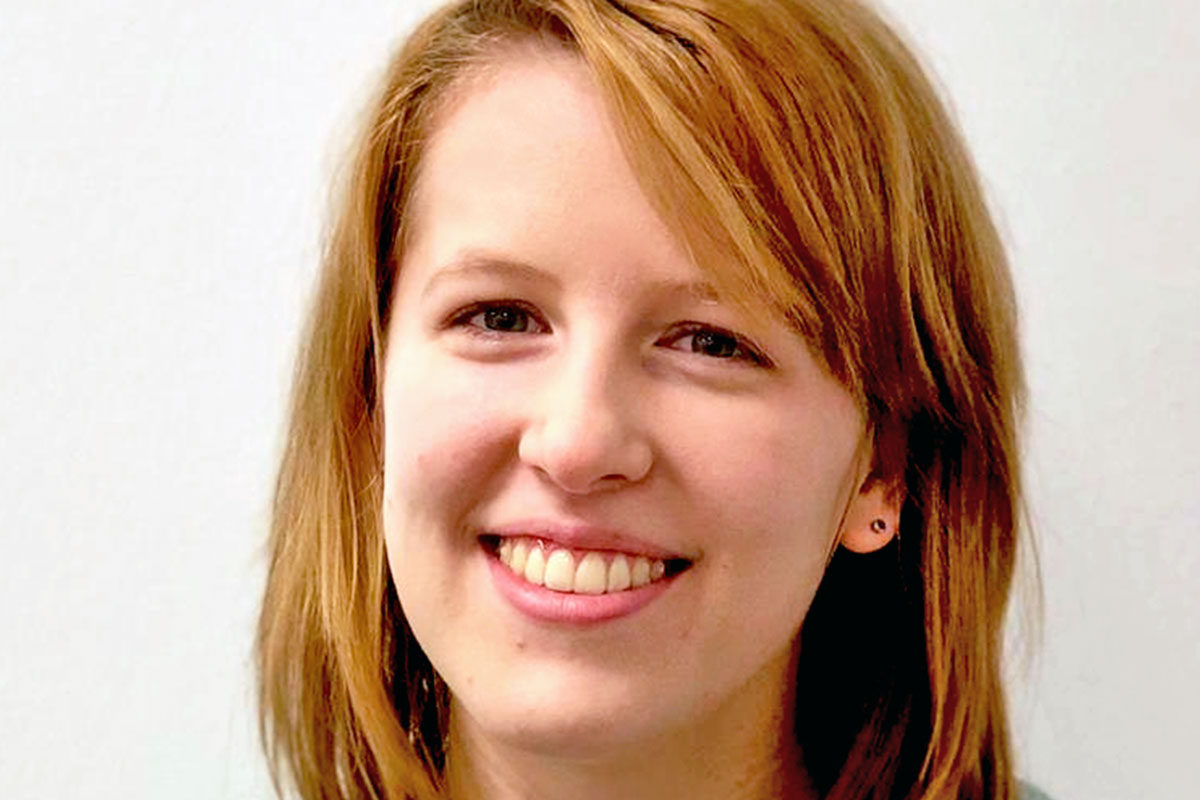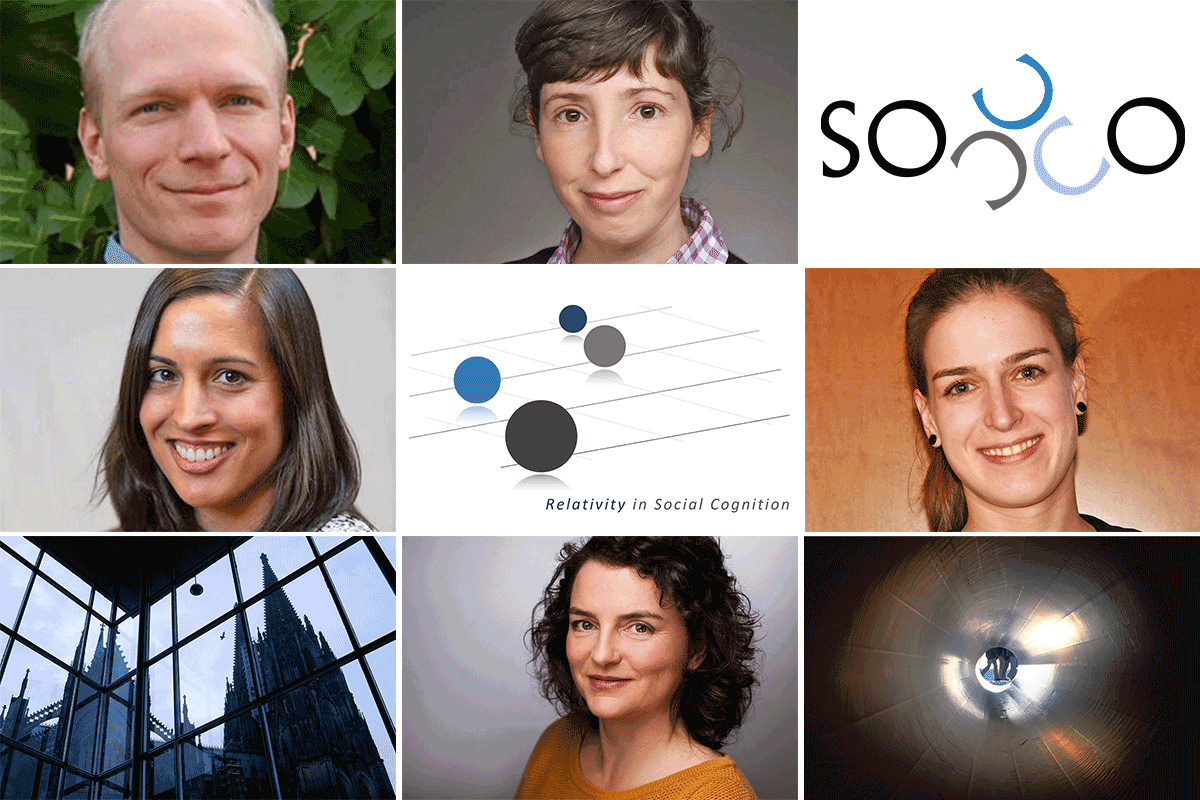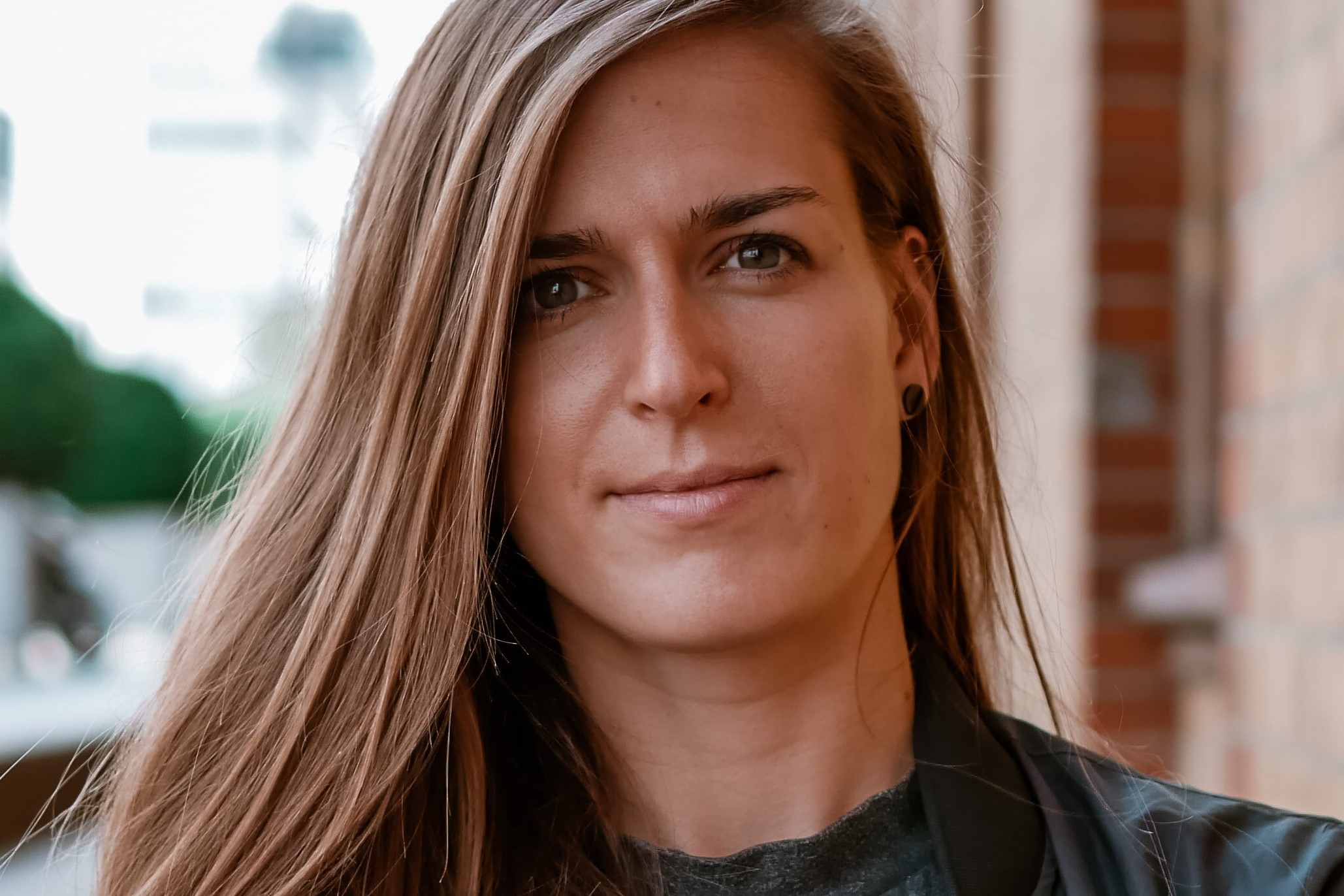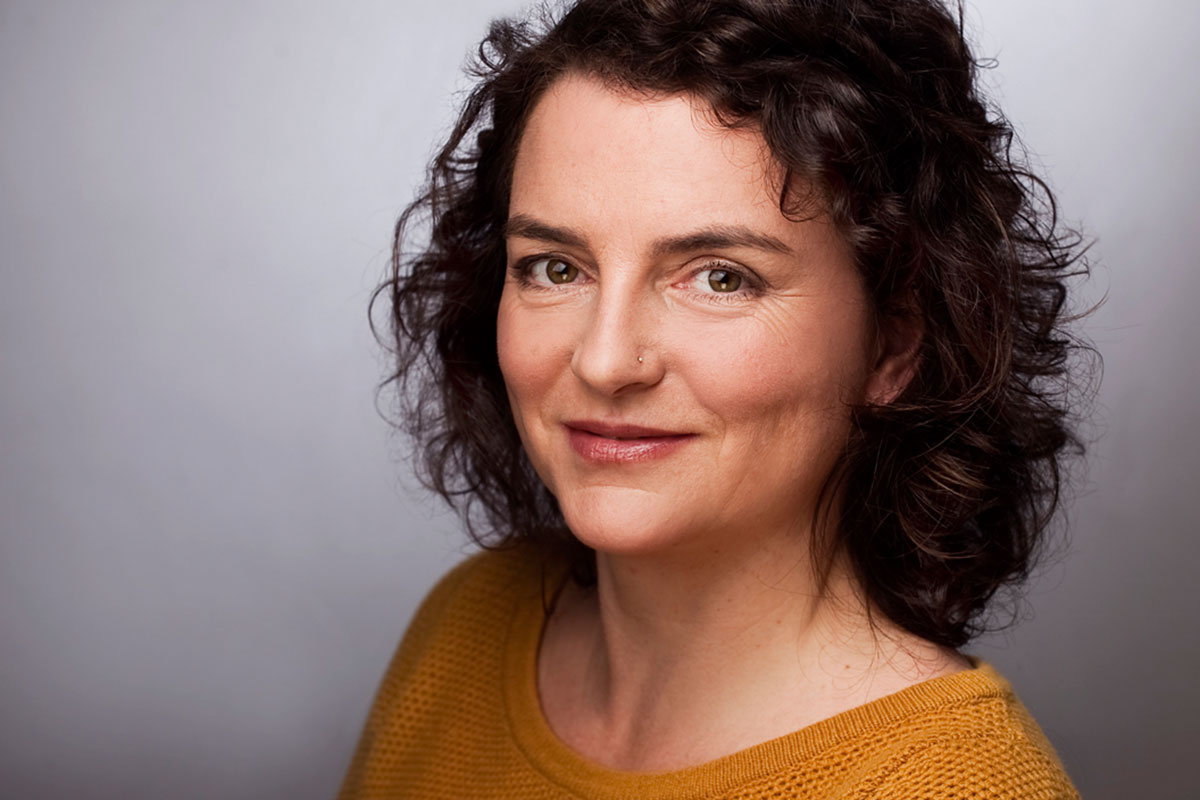Projects and Researchers
The Research Unit “Relativity in Social Cognition” investigates psychological relativity, with its core mechanism of social comparison and comparative thinking. We believe that relativity impacts social cognition and social behavior independently from specific contents. The Research Unit thereby provides a framework with high integrative potential within and well beyond social psychological research.
Our hypothesis is that comparative thinking serves as one of the unifying principles in social cognition and behavior. For this research endeavor, the current research unit seeks to demonstrate the central role of comparison in social cognition by identifying the antecedents and consequences of comparative thinking:
- Antecedents of Comparative Thinking: Which factors influence the extent and type of comparative thinking?
- Consequences of Comparative Thinking: What are the cognitive and behavioral consequences of comparative thinking?
Seven research projects and a central coordination project investigate these antecedents and consequences:
Curve-Fitting | Evaluative Ecology | Verticality | Self-Regulation | Political Corruption | Spatial Distance | Imitation | Central Project
- The Curve-Fitting project will revisit one of the central tenets of social comparison research: The notion that people show either judgmental assimilation or contrast as a function of comparison standard extremity. To do so and to overcome previous problems with arbitrarily chosen definitions of "moderate", respectively "extreme", we will rely on curve-fitting analyses of judgments as a function of pertinent comparison standards across a continuous dimension. [more]
- The Evaluative Ecology project investigates the interplay of comparison processes with structural properties of the information ecology; concretely, the higher frequency and higher similarity of positive information relative to negative information. This interplay allows precise prediction for the perception of groups, serial evaluations, and evaluative learning phenomena. [more]
- The Verticality project investigates the role of spatial representation in comparative thinking, placing particular focus on the link between verticality (up and down) and social comparisons (upward and downward). To this end, the influence of vertical positions on social comparison-based emotions and the susceptibility of these different emotions to vertical manipulations will be explored in several studies. [more]
- The Self-Regulation project investigates the motivating or demotivating role of social comparison processes for the pursuit of self-improvement goals—in laboratory and also in field studies. Taking a dynamic perspective, we also look at how different motivational mindsets influence the strategic selection of social comparison partners. [more]
- We aim to show that people's reactions to Political Corruption and immorality depends on comparison processes. We focus on how cases of corruption influence attention to politicians, how people generalize beyond single cases of corruption, and how corruption affects relations between citizens. [more]
- The Spatial Distance Project investigates the influence of spatial distance on similarity and the consequences for judgment and evaluation. The main focus is to understand how spatial factors in influence basic comparison processes. [more]
- The Imitation Project investigates how comparative processes influence social interactions. Specifically, we test how individuals map their own actions onto others by testing the prediction that focusing on similarities, as compared to dissimilarities, increases effects of movement and effector compatibility effects. The results will allow explaining why some people imitate others in some situations less strongly. [more]
- The members of the Central project pursue additional research relating to the topics of the research unit, particularly social comparison, and develop new research questions and collaborations at the intersection of the individual projects. As such, the central project fosters the integration of the research unit as a whole. [more]

